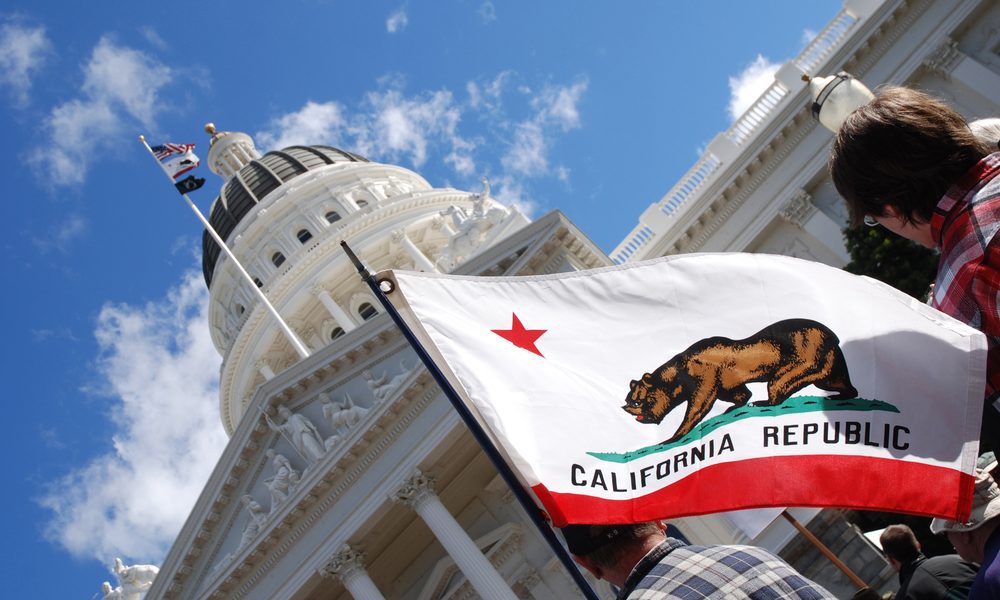When California voters were deciding the fate of two competing sports gambling ballot measures last year – and defeating both after seemingly jillion-dollar campaigns – they were unwittingly passing judgment on three ancillary gambling issues.
Proposition 26, the measure sponsored by American Indian tribes that would given them control of sports wagering, contained three other provisions that drew little media attention. One would allow a few horseracing tracks to take bets on sporting events, a second would have expanded gambling in tribal casinos into roulette and dice games, and a third could have driven the state’s poker parlors out of business.
The third was an effort by the tribes to settle a long-simmering political and legal dispute with the card rooms over which kinds of games the latter could feature.


